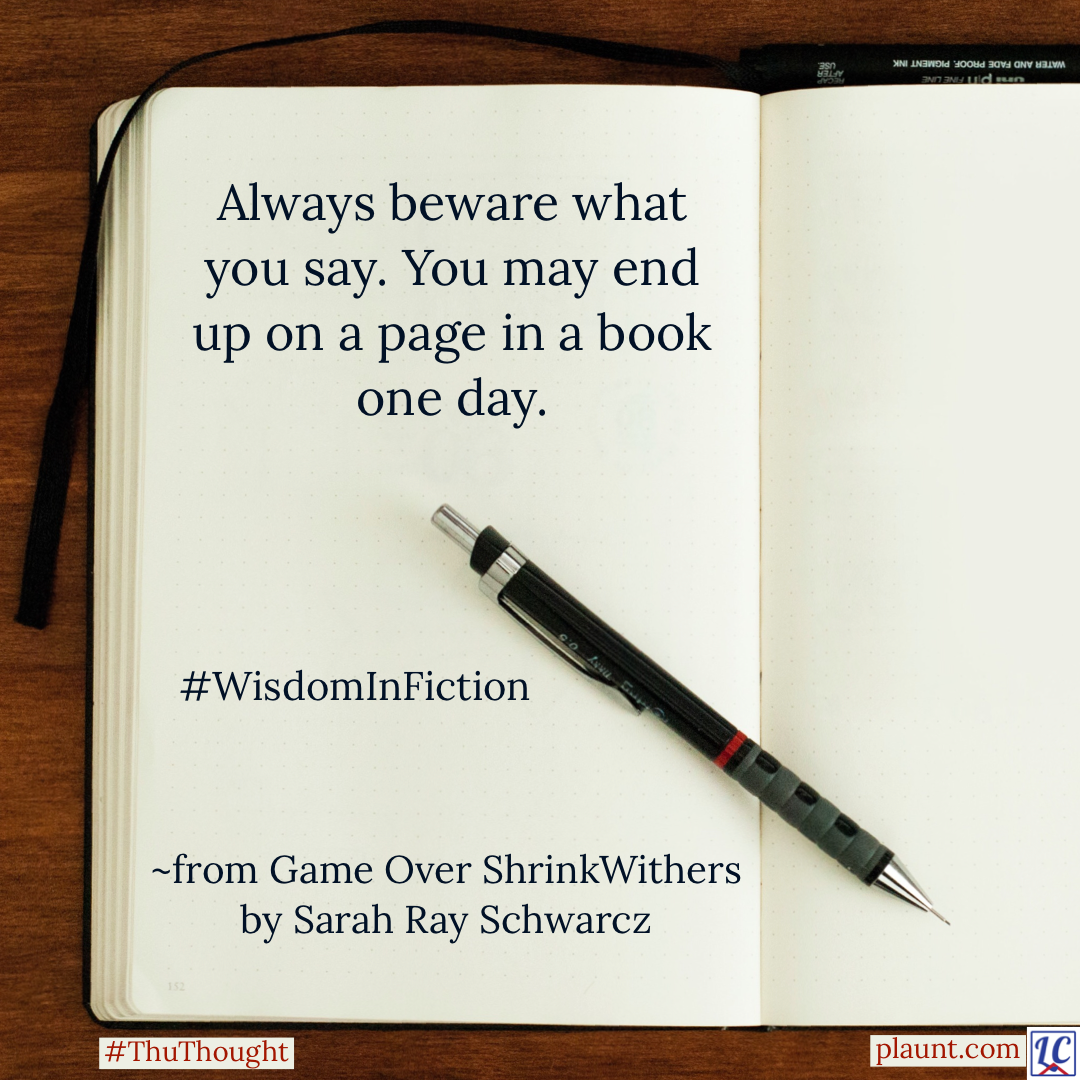How many words can you make from these letters? Make words of any length, but use each letter no more than once per word. (If a letter is on the board twice you can use it twice.) Share your word lists in the comments.
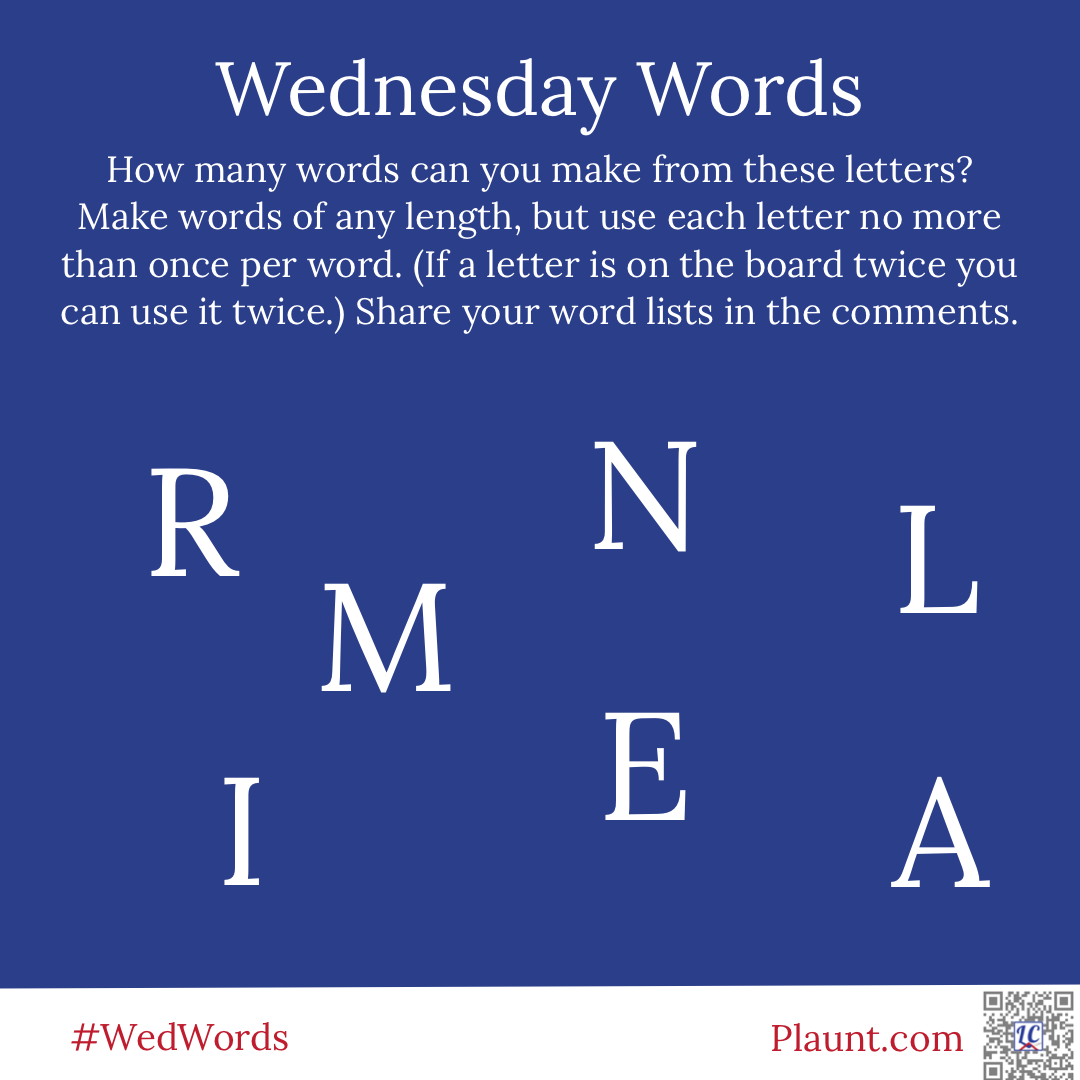
How many words can you make from these letters? Make words of any length, but use each letter no more than once per word. (If a letter is on the board twice you can use it twice.) Share your word lists in the comments.

Write a story with only two sentences. Use the photo for inspiration if you wish.
Photo by Shane Rounce on Unsplash.

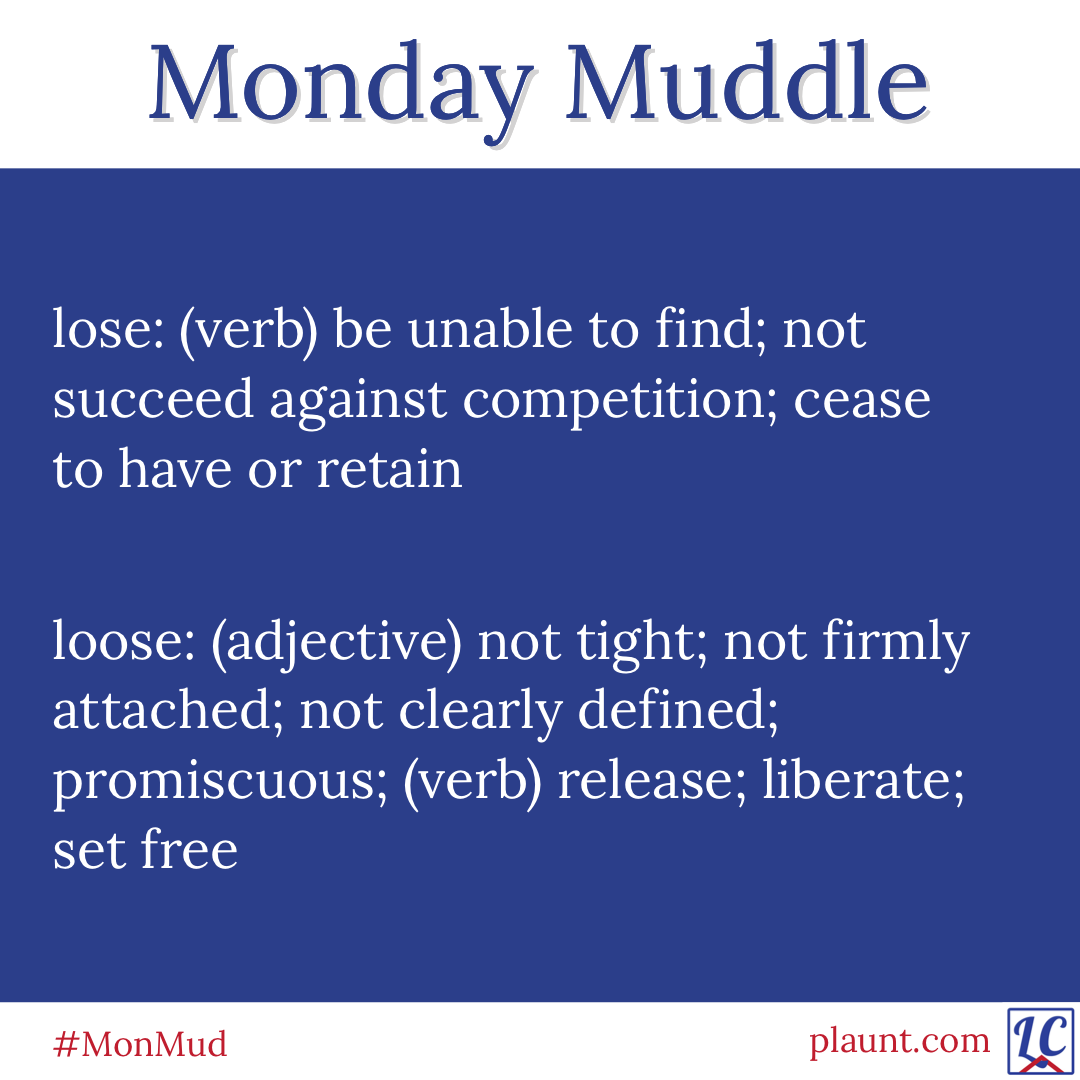
For a weekly dose of language-based humour, visit my Facebook page at https://facebook.com/lcplauntMEd
Please do not think that because I am sharing humour and my regular posts that my heart is not breaking for the people of Ukraine. It is. But I have nothing that I can share that will help them. And going on is the only way I know to prevent the aggressor from claiming control over even more of the world.
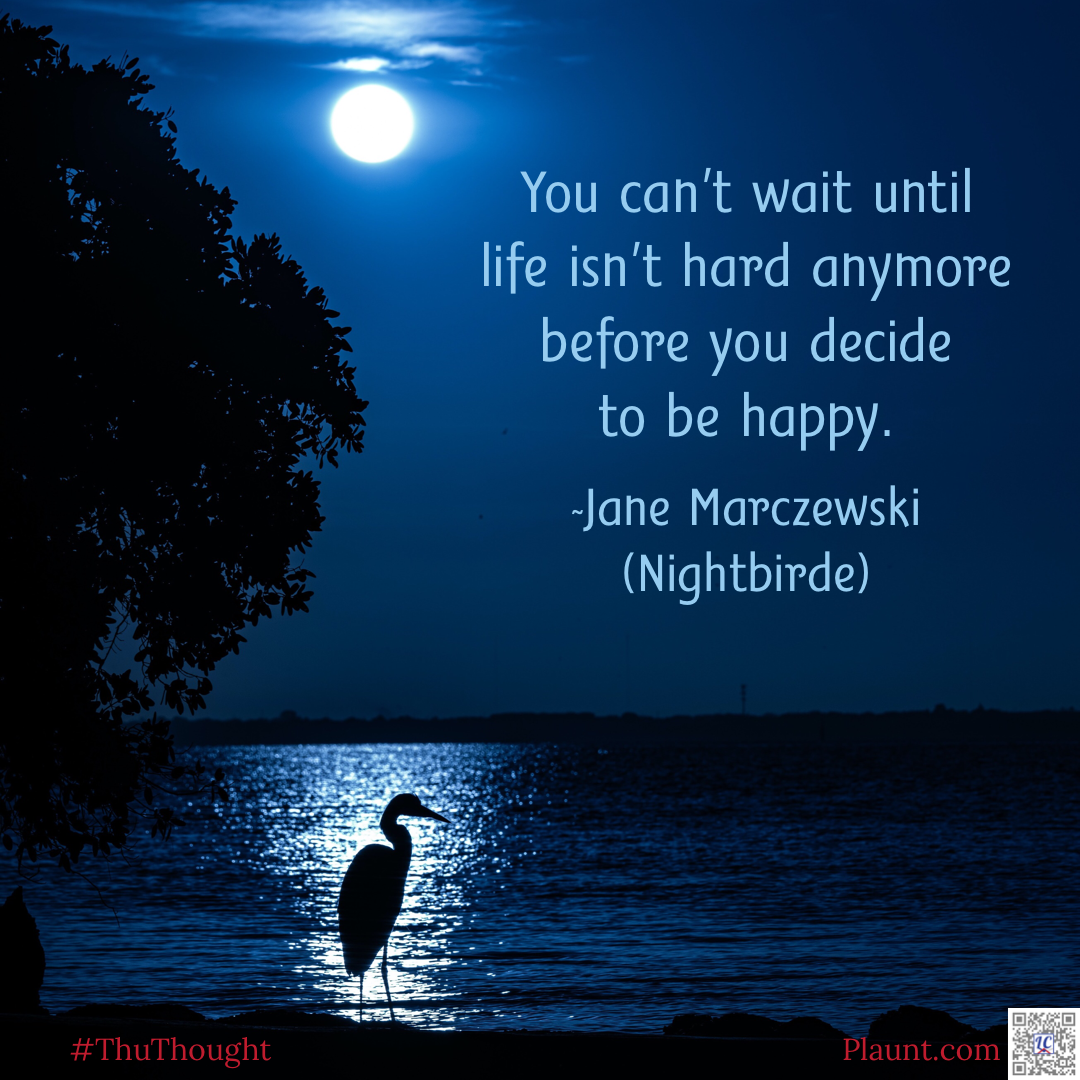
How many words can you make from these letters? Make words of any length, but use each letter no more than once per word. (If a letter is on the board twice you can use it twice.) Share your word lists in the comments.
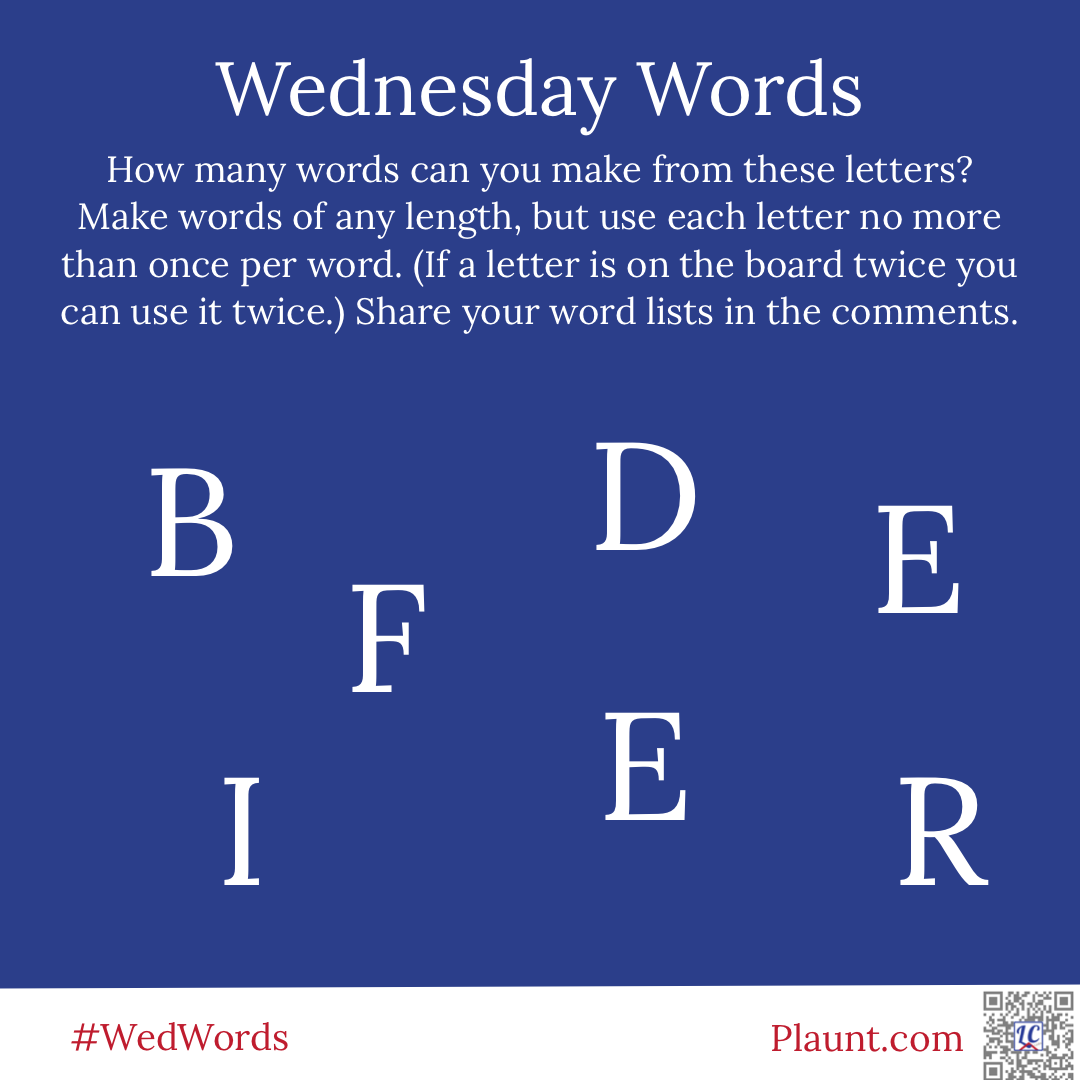
Write a story with only two sentences. Use the photo for inspiration if you wish.
Photo by Adam Bixby on Unsplash.

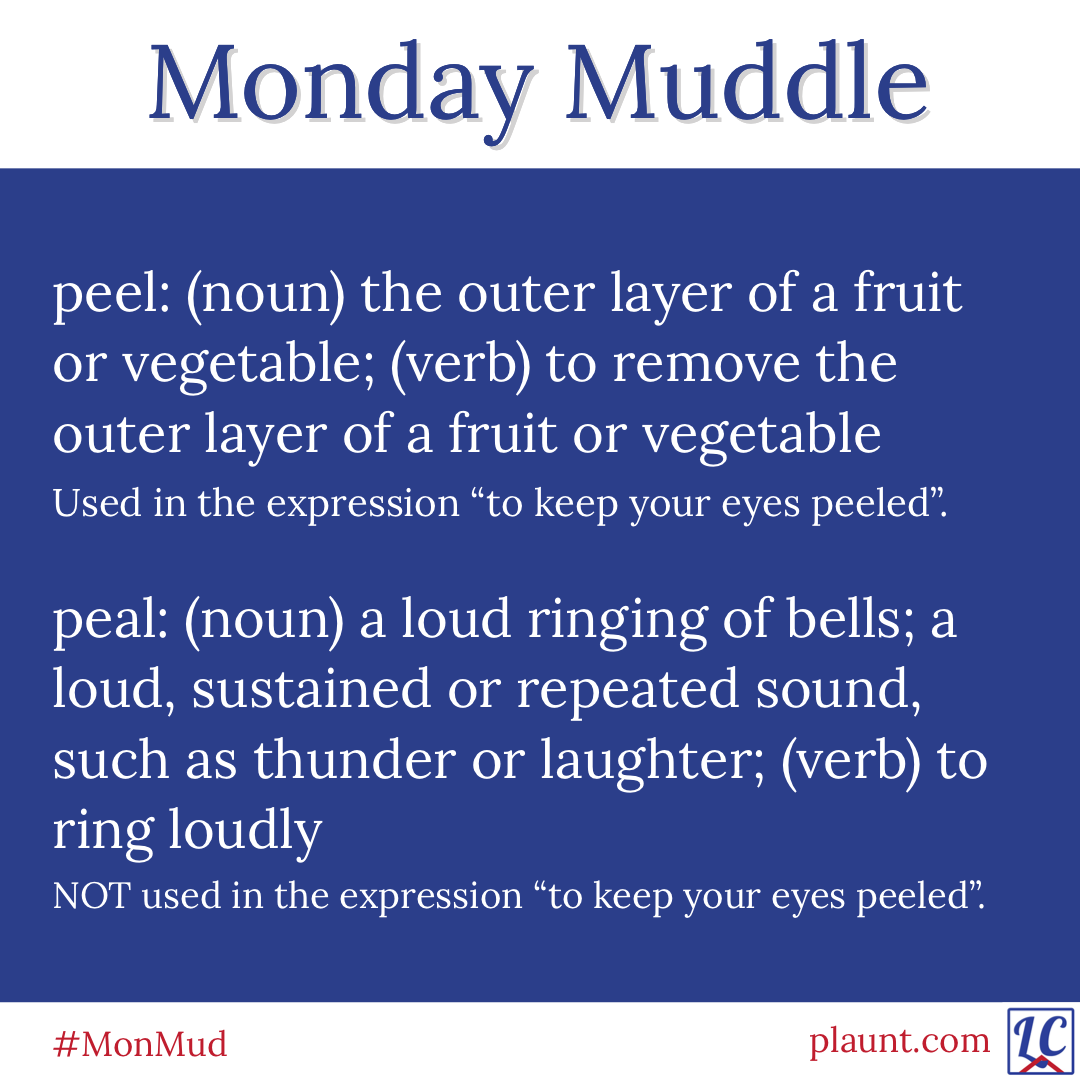
For a weekly dose of language-based humour, visit my Facebook page at https://facebook.com/lcplauntMEd
